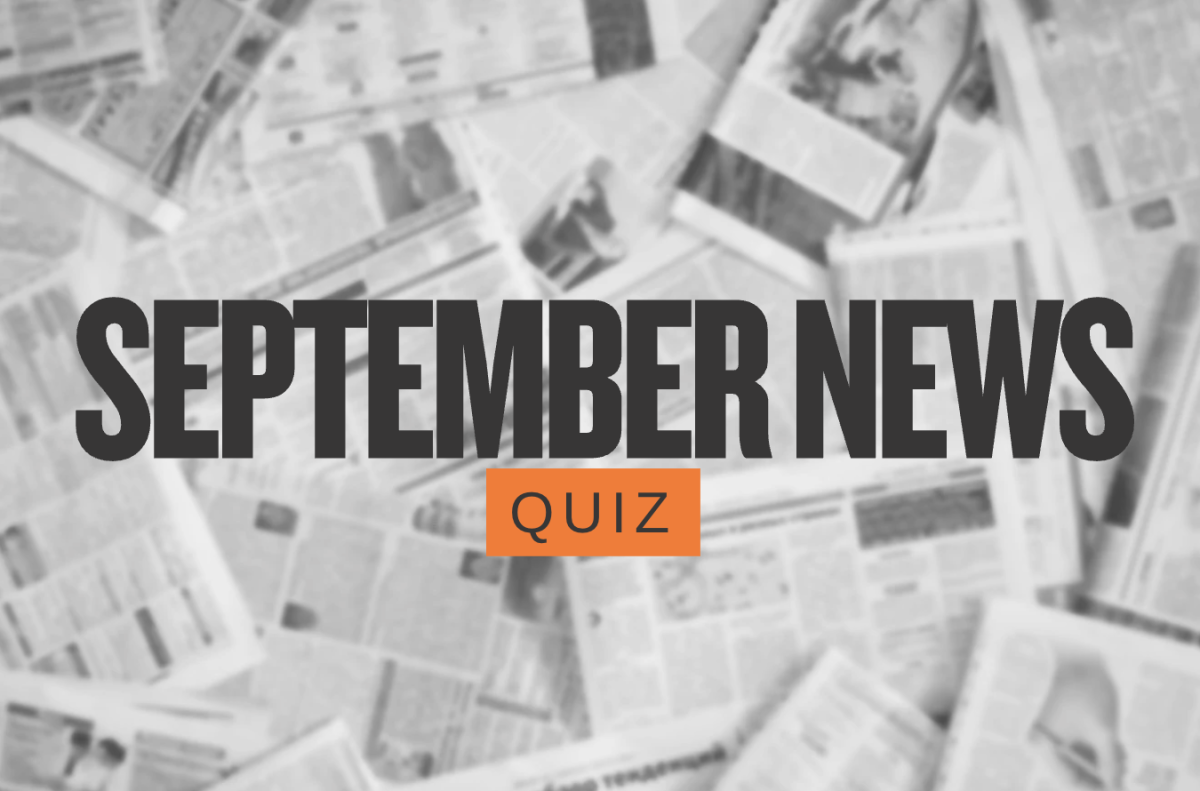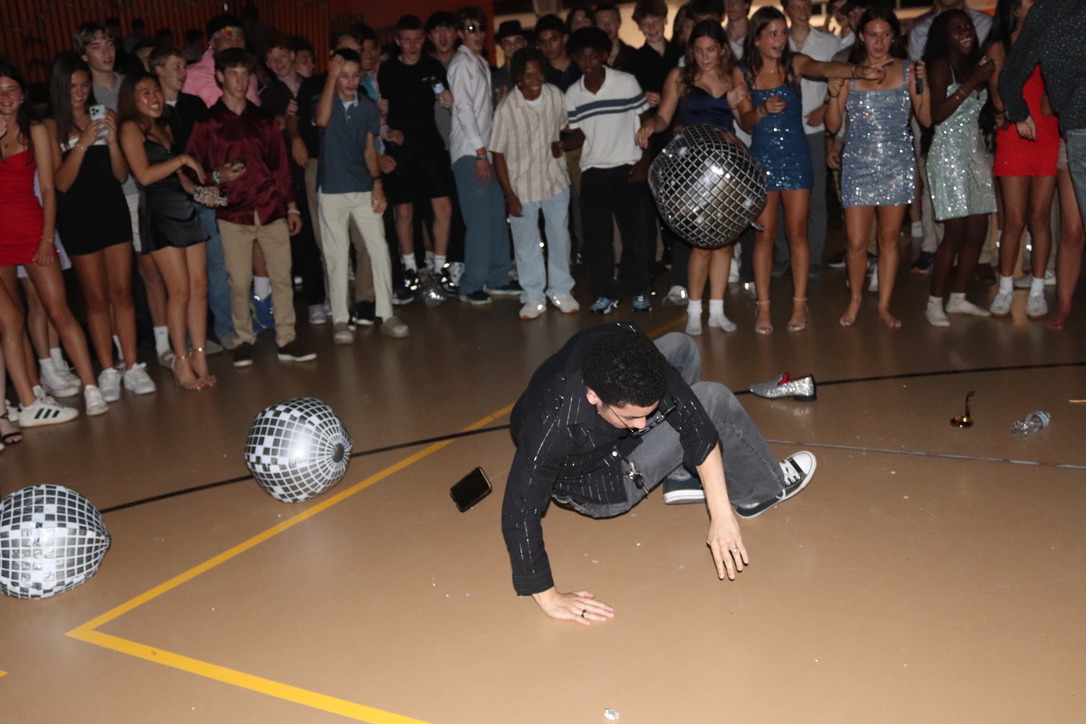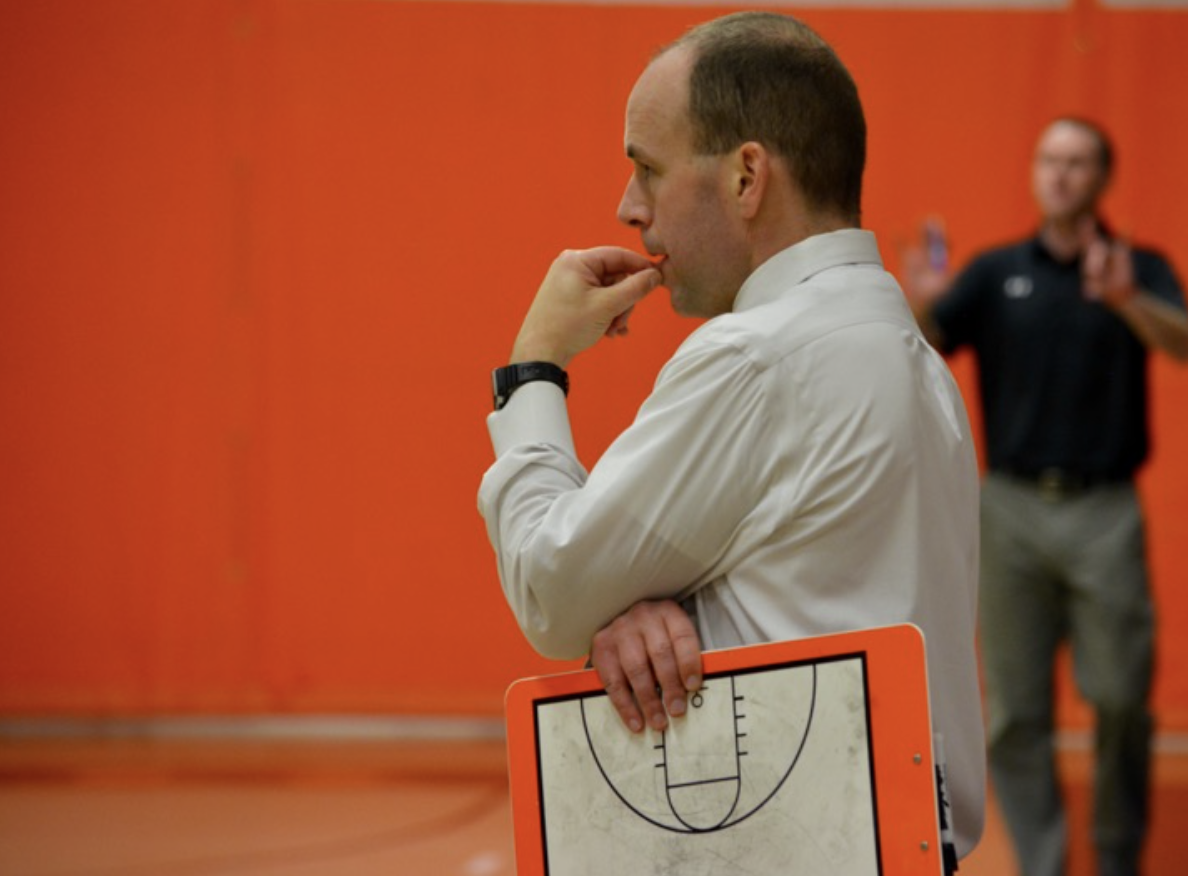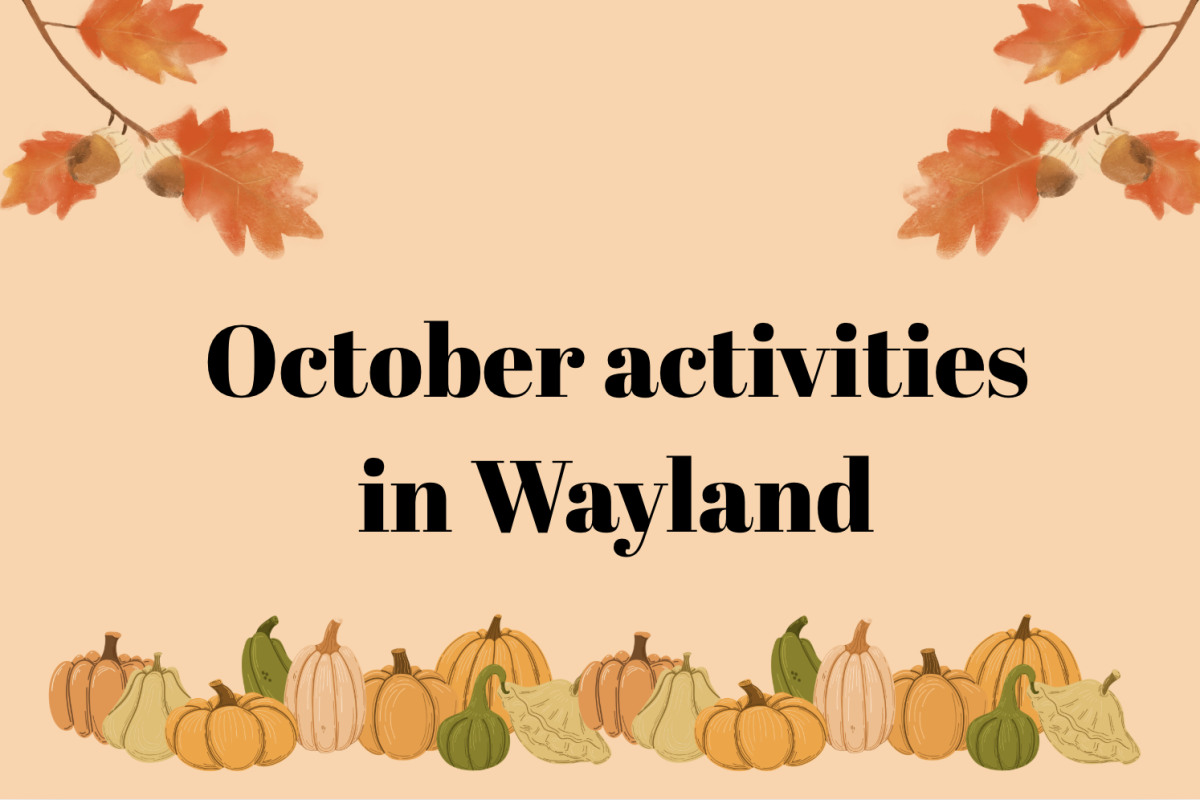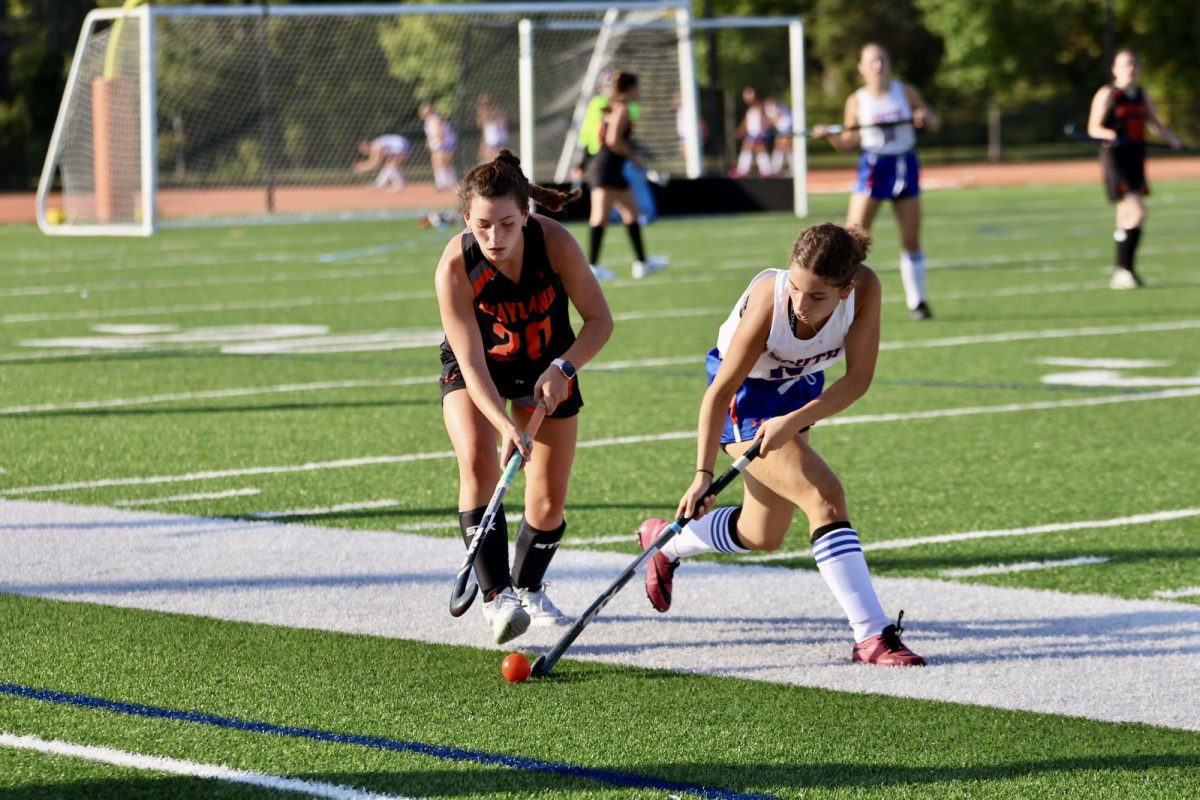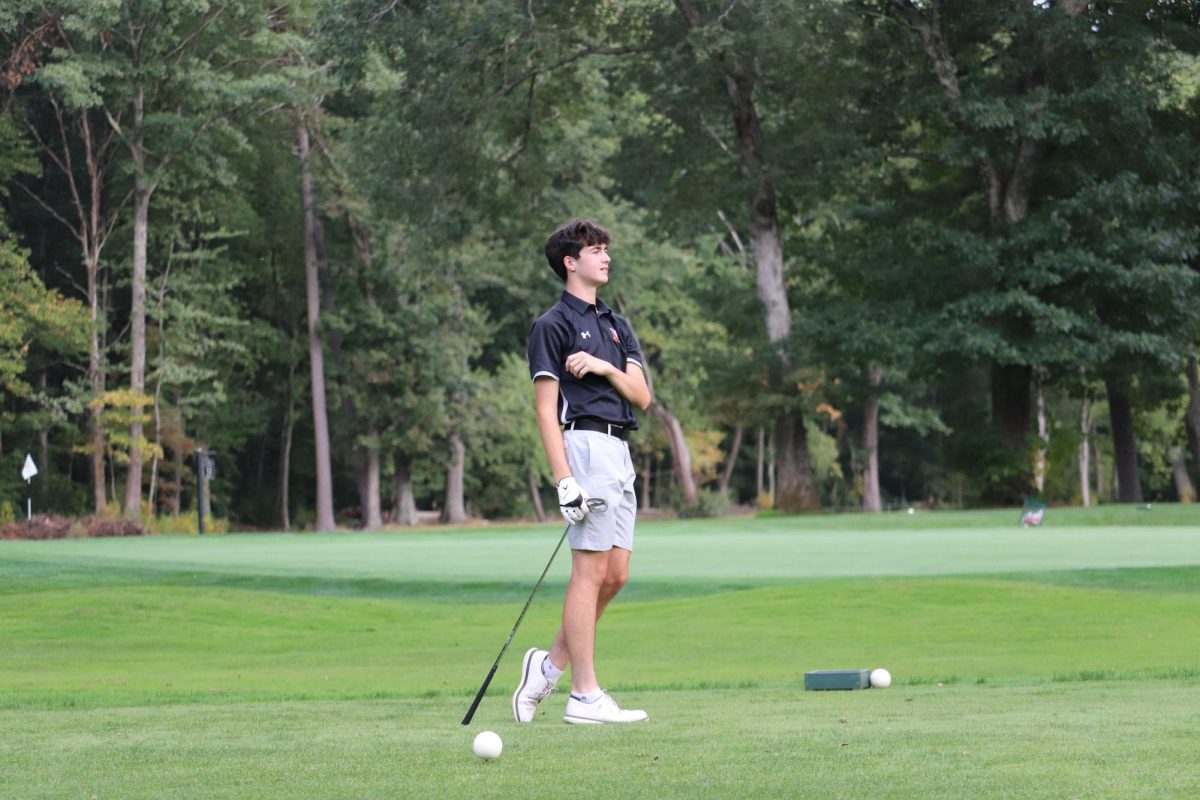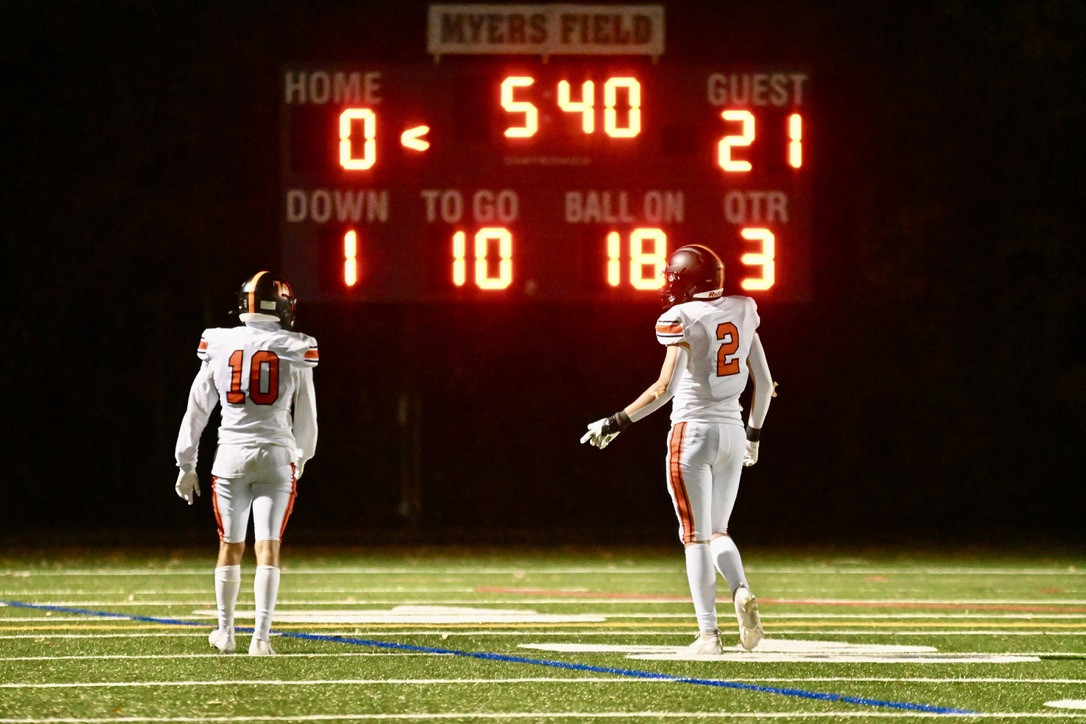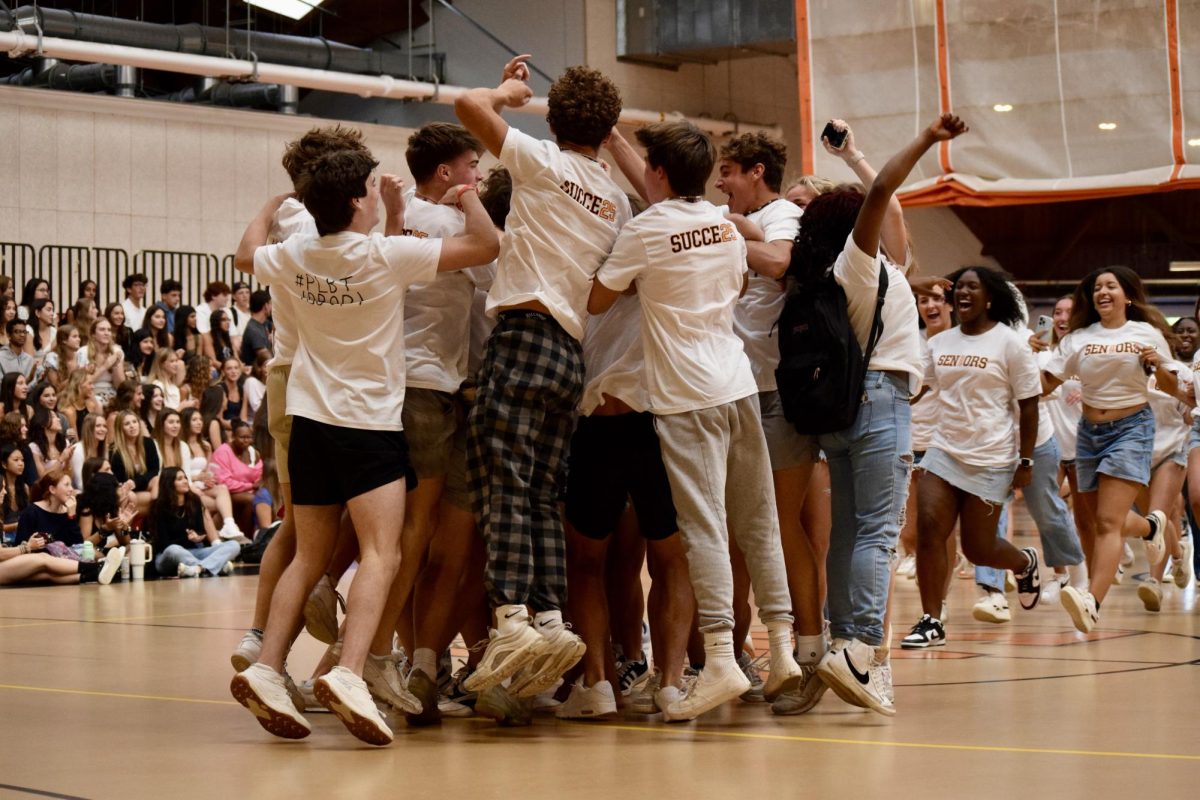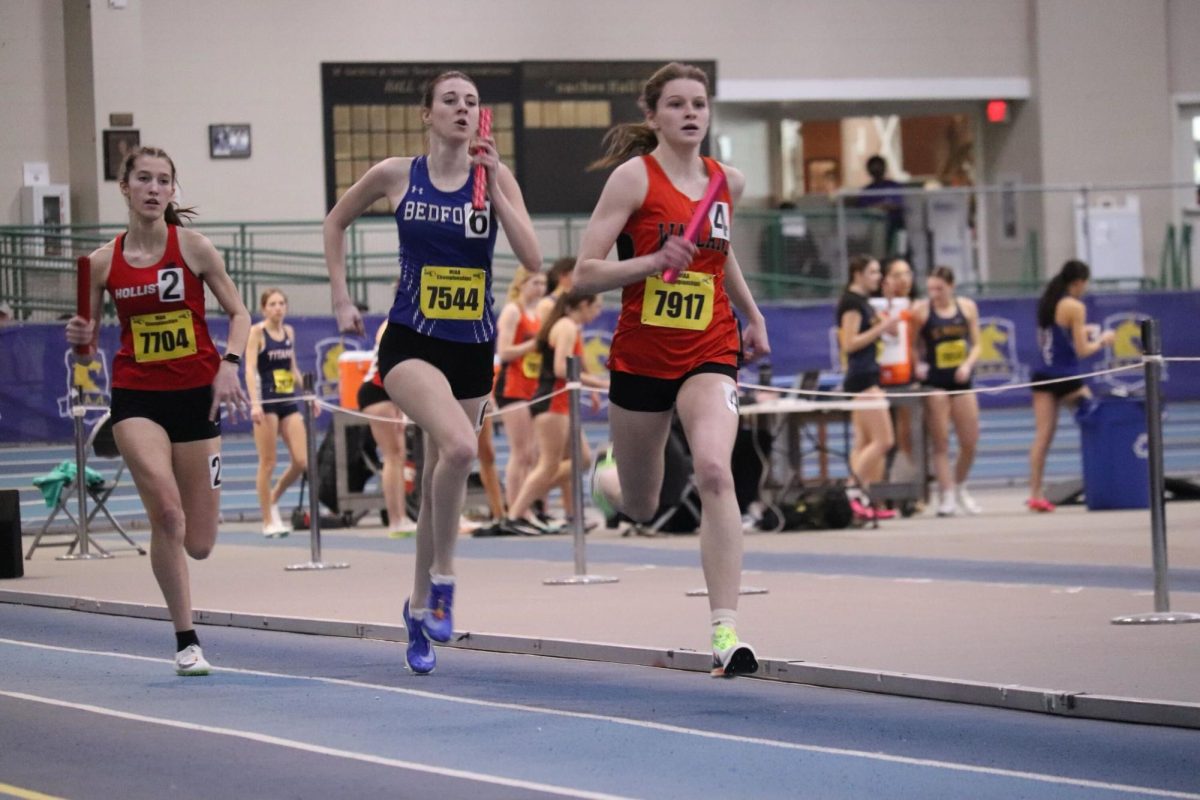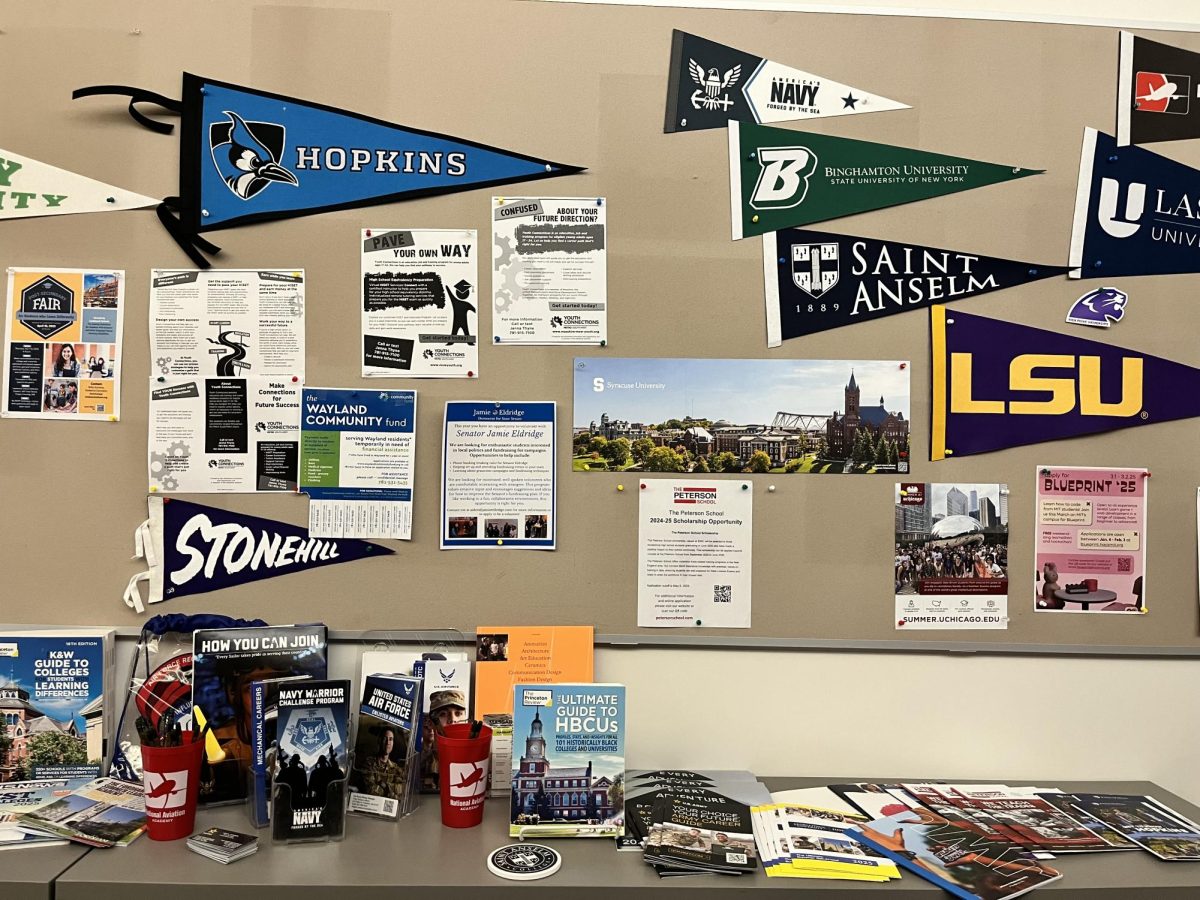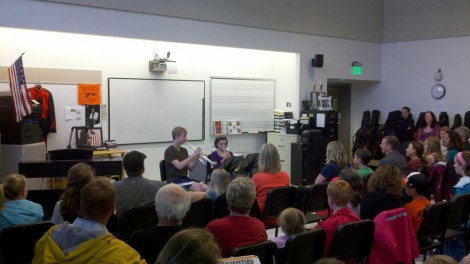
After warming up with a concert B-flat scale, sophomore Lina Baranovsky pulls out flute sheet music for “Royals” by Lorde. However, she isn’t practicing for herself. Instead, she’s running over the music in her head as an elementary schooler next to her picks up her flute and gets ready to play.
Baranovsky is one of the music tutors at WHS who teach elementary school students.
“I wanted to become a tutor because I love playing the flute, and I enjoy the thought of helping other kids get better at it,” Baranovsky said. “I love kids, and I like teaching in general.”
The tutoring program began in 2001 when band director Joseph Oneschuk was the director for both the high school and elementary school bands.
“I’ve seen it done in other towns, and I thought it would be a great program to have at Wayland,” Oneschuk said. “Immediately, in the first two weeks that the program got going, it created a lot of buzz at the high school and elementary schools.”
For many of the tutors, helping the students and seeing them improve are the most rewarding parts of the job.
“My favorite part of being a tutor would be the look of satisfaction and happiness when my student gets through a particularly tough section,” said senior Kenny Kistner, who tutors alto saxophone.
“I love it when [my students] have been working on a section of a certain piece for a while, and when they finally play that part, it sounds much better,” Baranovsky said. “I feel very proud and happy when I see the amazing progress that they’ve made.”
Besides just teaching music, Oneschuk thinks that the motivation that tutors provide their students is equally important as the musical skills they teach.
“The ability for the high school students to share their love and passion of music with the elementary school kids, to inspire them and to keep learning, is important. They support the elementary school kids so that they don’t quit, and having that tutor reinforces good practice habits,” Oneschuk said. “It shows the elementary schoolers where they can go and what they can do with the instrument if they stick with it.”
In order to become tutors, students have to sign up and then attend a training session held by Oneschuk to learn how to teach the younger students. These training sessions include how to teach fingering, counting, rhythm and tonguing, as well as many other techniques.
In addition, Oneschuk also runs mock lessons where he pretends to be an elementary school student in order to help tutors see potential pitfalls and know what to expect. Afterward, a list of tutors is generated and given to elementary school musicians and their parents.
During the last week of school, Oneschuk hosts a band-tutor recital at WHS where tutors perform with their students in front of parents. The tutors also discuss what their students have been working on and the improvements that each student has made.
“It’s one of my favorite days of the year,” Oneschuk said. “It’s a special moment.”

![During the WHS club fair, senior Molly Bergeron is watching a student sign up for her club, Eliza J. Norton Foundation. In this club, students meet every week and come up with ideas to spread the message. "[This club] really touches a lot of people in the town," Bergeron said.](https://waylandstudentpress.com/wp-content/uploads/2025/10/IMG_1335-1200x800.jpg)


